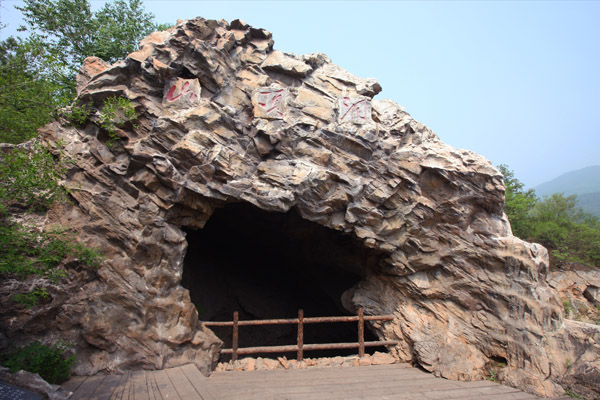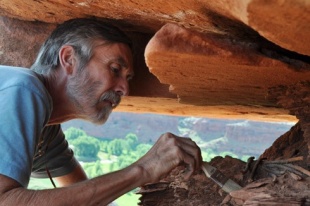Reading the fifth


"Humans were not in control of previous beginnings, partly because we did not know much about human prehistory until the last century," he argues.
"We do, however, have the capacity to direct where the world goes in the fifth beginning. Whether we choose to use that capacity is up to us."
In the foreword of the Chinese edition, he writes: "Cooperation requires trust and trust requires that one party have the courage to take the first step ... I look forward to more such cooperation, and to seeing the US and China play leading roles in humanity's fifth beginning."
The English version of The Fifth Beginning was published in 2016 via University of California Press and sold more than 10,000 copies in the US in its first year. The book has also been recommended by many Chinese scholars.
"As Kelly's counterpart, I've also frequently asked myself: Why I have to take this job?" says Xu Hong, a researcher at the Institute of Archaeology, Chinese Academy of Social Sciences after reading The Fifth Beginning. Xu is famous for his studies of early Chinese civilization.
"My daughter is proud of me as an archaeologist, but she does not have many feelings for my vocation," Xu says. "She represents the general public's opinion: Archaeology is about the past. What does it matter to me?
"However, Kelly urges people to answer questions about the future from study of prehistory. The book connects the far away past to modern society."
However, Chinese readers begin to show a strong interest in prehistory.
For example, after Sapiens: A Brief History of Humankind, by Israeli historian Yuval Noah Harari, was published in Chinese in 2014, it has sold 2.8 million copies, making it a phenomenon on the Chinese book market.
"Adventurous stories and new findings in archaeology are now more favored by general readers, especially as visiting museums and exhibitions is a popular pastime," Ma Xiaoling, an editor from the publishing house, explains.
Recent years have seen a boom in Chinese museum development and cultural heritage-related TV programs.
China has a long tradition keeping written recordings of history, which means that a large part of Chinese history is well known to the public. Nevertheless, Ma notes that Chinese people today tend to relate more to visual evidence.
"It becomes an indispensable part in education to feel history through cultural relics," Ma says. "Books on archaeology will be increasingly popular among readers. That will help them show more respect for our past and build a broader horizon for the future."
Such books, though, have to be easy to read and understand, without too much jargon.
Kelly's work promotes a "forensic approach," because details will give readers a sense that "we (archaeologists) are there."
Perhaps it is just like a line from The Fifth Beginning says: "Few people read sociological journal articles filled with statistics on marital infidelity, but politicians' peccadilloes makes front page news."





































